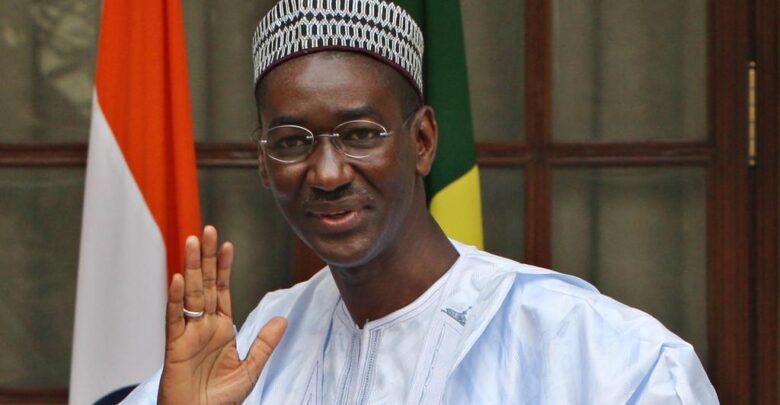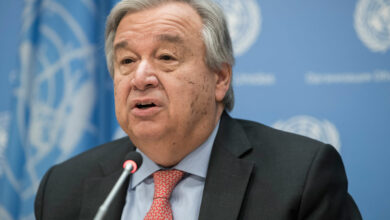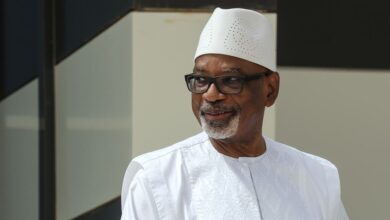Mali
Mali’s Prime Minister Moctar Ouane To Form A New ‘Broad-Based’ Government

Mali’s Prime Minister Moctar Ouane resigned on Friday but was reinstated immediately in a formality required before forming a new government, according to the Malian presidency, reported Reuters.
According to reports, Ouane’s consultations with President Bah Ndaw began on Thursday on the composition of the next government.
“The prime minister has just started consultations,” said an adviser to Ndaw who declined to be named. “He must form a broad-based government.”
Ouane was appointed as Mali’s prime minister after military officers removed the elected President Ibrahim Boubacar Keita in August, who was under pressure for his handling of the armed unrest in the country.
Amid international pressure and the threat of sanctions, the Malian military handed power to a transitional government in September 2020, which pledged to reform the constitution and pave way for the elections within 18 months.
But as the transitional governing body is dominated by figures with army links, there is growing anger among the public about their prominent role and the slowness of reforms.
Last week, the opposition M5 movement called for the dissolution of the transitional government and demanded a more law-abiding and more legitimate body.
Former Nigerian president Goodluck Jonathan, who is the Economic Community of West African States (ECOWAS) mediator for Mali, also warned last week that there was very little time left to complete the reforms.
Last month, Mali’s interim government had announced that a constitutional referendum will be held on October 31, with elections to follow in February next year.
But growing conflict and political disputes in the nation of 19 million people have left people doubting if authorities will go ahead with the elections as planned.
Mali continues to reel through a brutal Islamist insurgency that first erupted in northern Mali in 2012, and has spread to the center of the country as well as neighboring Burkina Faso and Niger.
The country is also marred by civil-society disputes. Mali’s largest union, UNTM, has threatened a four-day strike from next week over salary issues among other things.






